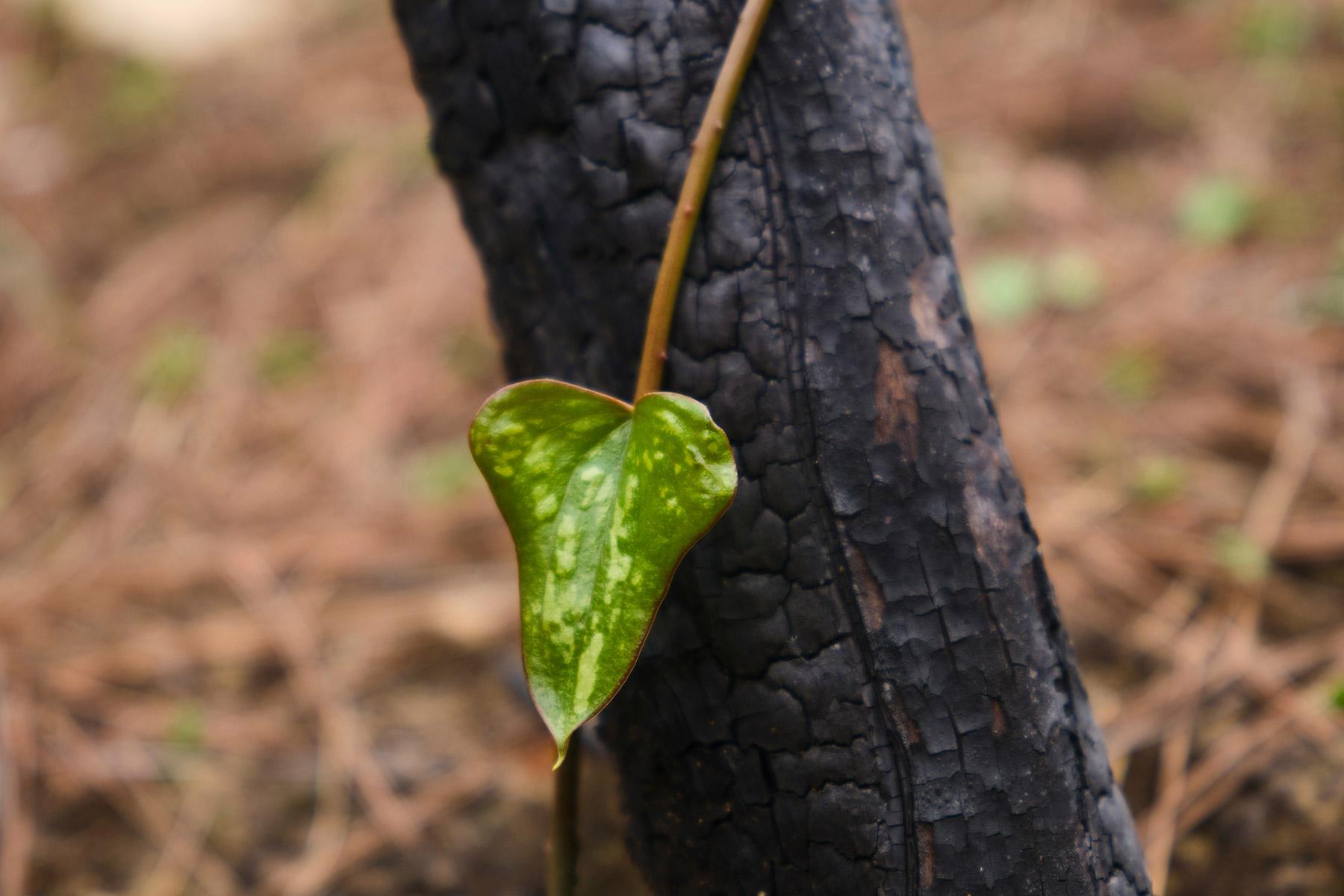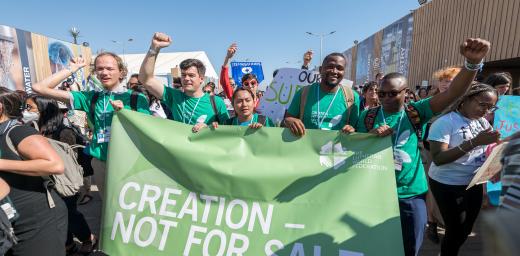Addressing climate-induced loss and damage through climate justice
(LWI) – In conjunction with the Institute of Climate Change and Sustainability of the Salvadoran Lutheran University, The Lutheran World Federation (LWF) presents a new diploma course entitled “Addressing Climate-Induced Loss and Damage through Climate Justice”. The four-month online course starts on 29 April.
“This comprehensive program aims to develop participants’ advanced capacities to do advocacy at the global and national levels on climate justice issues, with a special focus on loss and damage,” explains Elena Cedillo, LWF’s Program Executive for Climate Justice.
Loss and damage, a general term used in UN climate negotiations, encompasses the adverse impacts of climate change that exceed the potential to adapt to them. These impacts can include rising sea levels, retreating glaciers and desertification to biodiversity loss and extreme weather events such as droughts, heat waves and storm surges.
The new diploma course comprises four modules, exploring introductory aspects of climate change, analyzing international methods of dealing with loss and damage, examining the intersection between human rights, climate justice and loss and damage, and learning about advocacy mechanisms to address climate challenges. The program provides the tools needed to drive effective climate action.
The course is aimed at people with previous knowledge about climate change, sustainability, the environment and resilience, and a strong interest in political or community advocacy.
Professionals with experience working with public and private institutions, faith-based organizations, NGOs, and churches on climate change issues, environment, and natural resource management are also invited to participate, as well as academics and researchers.
The course will be taught in Spanish with the possibility of simultaneous interpretation in English.




